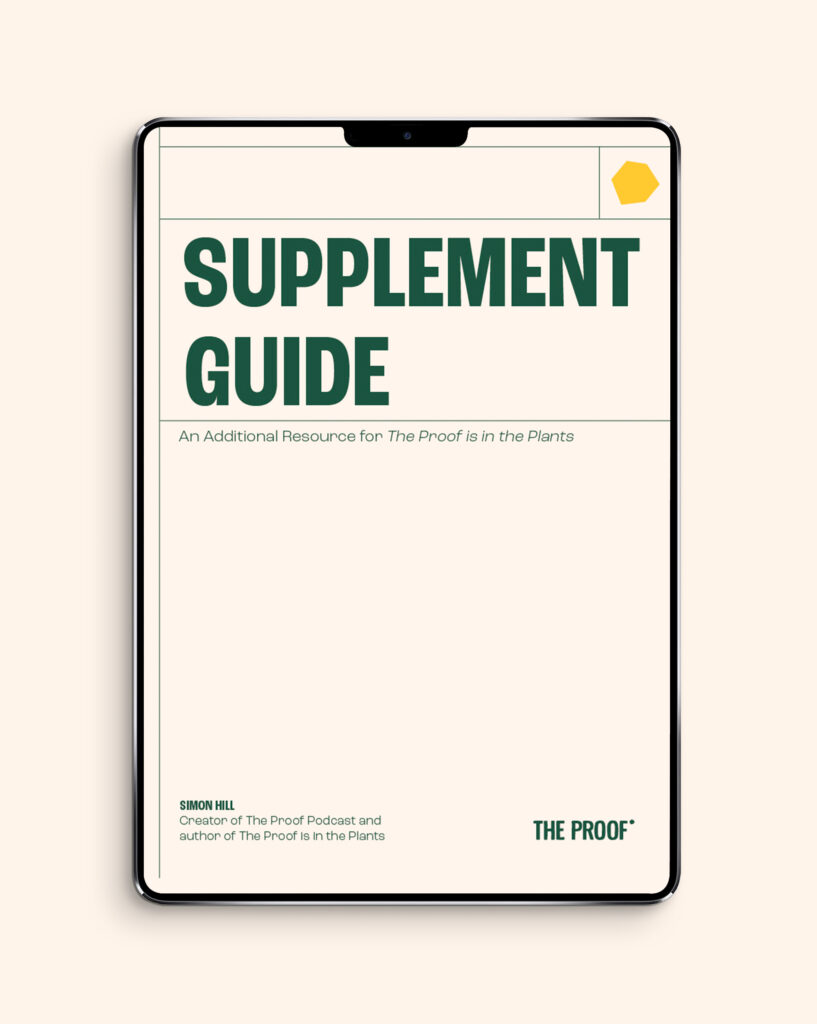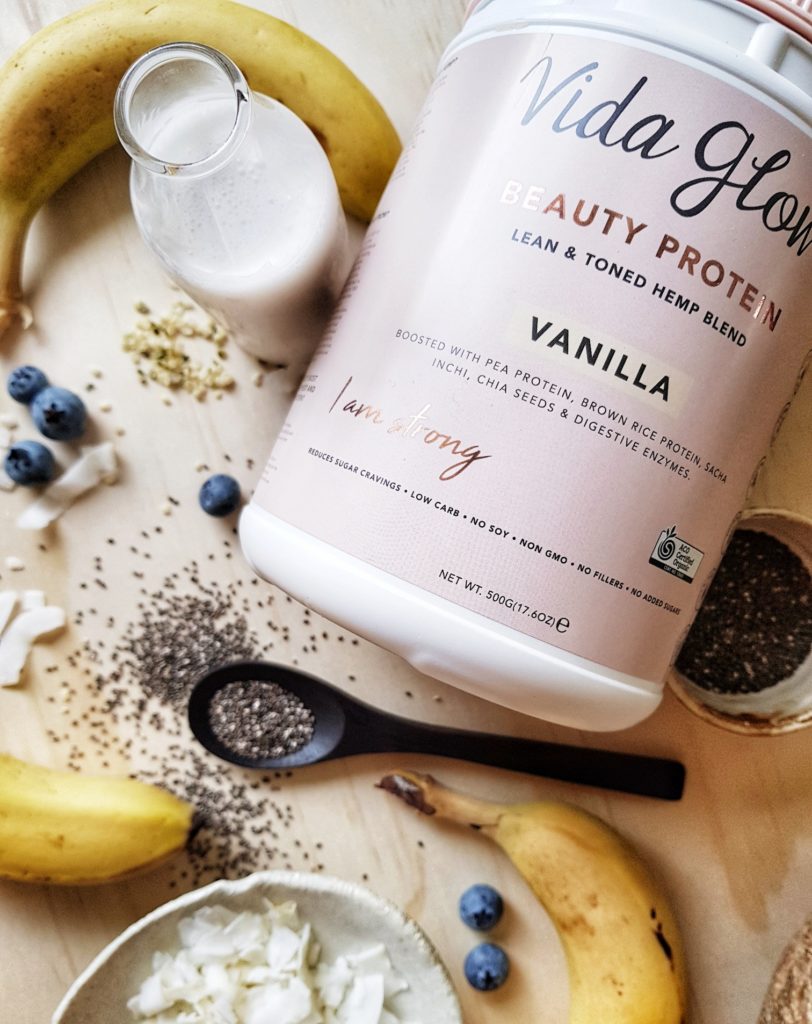
While all diets require planning, this guide will grow your understanding of the specific nutrients that become more important when you’re reducing your intake of animal products to adopt a plant-predominant or plant-exclusive, whole-food, plant-based diet (WFPBD).
This guide is here to help you if you’ve decided to supplement a particular nutrient:
What form of the supplement is best?
How much should you take?
Which brands do I recommend?
In Part 1 of this guide we will go through 8 nutrients of focus. In Part 2, we will explore specific nutrients for optimising performance for plant-based athletes. While this may seem like a lot of information, don’t stress — I’ll finish by showing how I personally supplement as simply as possible!














Simon Hill, a physiotherapist and nutrition scientist, is dedicated to simplifying health and nutrition information. He began his career interested in the physiology and anatomy related to optimal athletic performance. Then, encouraged by his Dad’s heart attack, he turned his attention to nutrition’s role in preventing disease and optimising health. Concerned about misleading wellness industry trends, he completed a Master of Science in Human Nutrition at Deakin University.
Today, Simon hosts a podcast featuring experts translating research into practical advice. He authored “The Proof is in the Plants,” advocating for a plant-rich diet based on current nutrition research.
On it’s debut week The Proof is in the Plants was the #1 non-fiction book in Australia. He continues to deepen his understanding of human health by being actively involved in research investigating the links between nutrition and mental health.
His podcast, The Proof, a space where he sits down with domain-specific experts, has surpassed 40 million listens, exploring various lifestyle factors impacting well-being. Simon now conducts immersive longevity experiences, aiming to empower people to live better for longer.




The information found on theproof.com or any of its media platforms is intended for informational and educational purposes only. Any statements made on these platforms are not intended to diagnose, cure, treat or prevent any disease or illness. Please consult with your medical practitioner before making any changes to your current diet and lifestyle.
Plant curious? Experience the benefits of eating more plants with this 2-week plant-based meal plan! Not only will eating this way reduce your risk of chronic disease in the long-term, it will leave you feeling better today, too.

